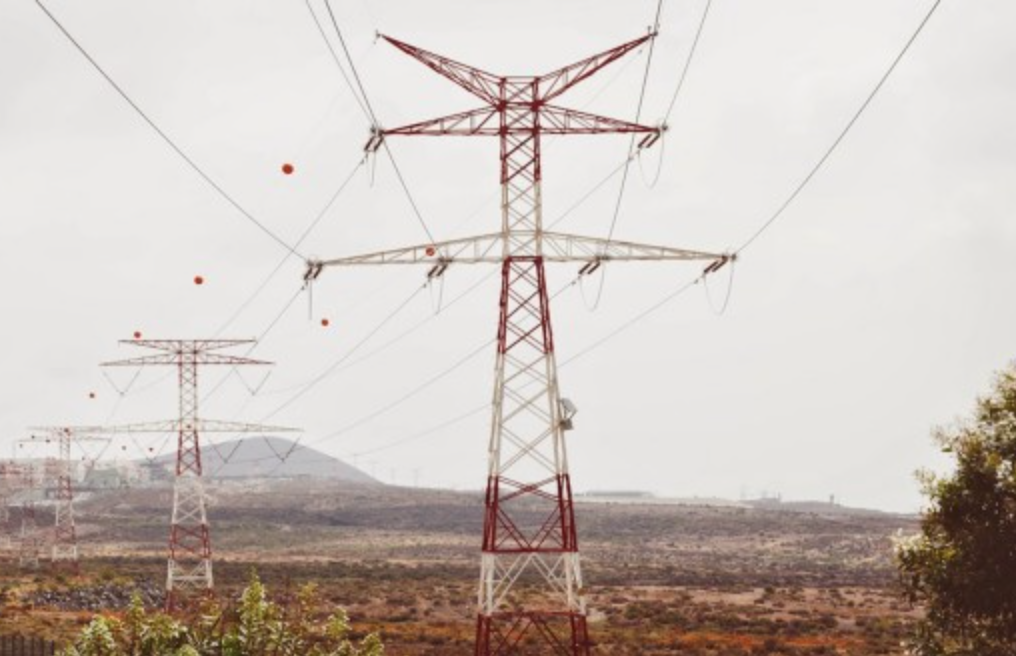
Fortune News | May 23,2021
The Ethiopian Commodity Exchange (ECX) executives were taken aback by an unexpected decision from the State Minister for Trade & Regional Integration, Kassahun Goffe, who placed a hold on the four-month-old customised forward trading initiative two weeks ago.
The new scheme had emerged as a response to the more traditional 14-year-old spot trading system, marking a significant evolution in the trading landscape. Unlike spot trades that call for instantaneous settlements of transactions, customised forward trading provided room for future deliveries and payments across 23 commodities traded at the Exchange. However, the swift pause has stirred controversy and uncertainty in the commercial corridors.
Given its short existence, forward trading had rapidly gained traction, carving out a sizable niche against the established spot trades. Contracts on this floor stipulated a flexible settlement time frame, ranging from seven days to a more extended three months. Many in the trading community find its flexibility an attractive proposition.
The remaining two modalities included selling from the ECX warehouse with suppliers allowed to find buyers and deals between buyers and sellers under the purview of the Exchange for the future handover of commodities after the Exchange’s involvement. Although they restricted the over-the-counter modality, citing difficulty in tracing and registering commodities, they were left in the dark with the indefinite suspension not followed by an explanation.
However, the rationale behind the sudden freeze from the Ministry seemed rooted in concerns about the system’s integrity and the potential risk of monopolistic practices.
Mesfin Abebe, an advisor at the Ministry, pointed out instances where dominant players allegedly conspired to corner specific markets, leading to skewed dynamics. He blamed certain exporters for entering agreements without guaranteed supply contracts. Coupled with the perceived oversight lapses by the Exchange, this has cast a shadow on the integrity of the forward trading scheme.
“We never implied having solely upright traders,” Mesfin told Fortune, suggesting that stringent regulatory supervision should be central to the scheme.
Such concerns led to a cascading effect, with the ECX promptly halting one of its three trade modalities.
Dawit Mura, acting communications head at the ECX, voiced the collective sentiment of the Exchange, expressing confusion about the sudden proscription, given the lack of a “comprehensive rationale.”
“We’re trying to grasp the underlying reasons,” said Dawit.
While the controversy rages on, there is a broader acknowledgement of the momentum forward trading had amassed in its brief operation window. Over 400tn of commodities worth 285 million Br had already been transacted through the scheme in the two months since its introduction. Managed by Wondimagegnehu Negera, the third CEO since its launch in 2008 as Africa’s first commodity exchange platform, the ECX has a robust 24 billion Br annual transaction value, trading a quarter of a million tonnes of commodities.
Some business community members have expressed significant disappointment.
Exporters like Alebachew Biyazen had started leveraging the new trading scheme despite encountering hitches due to sporadic security concerns.
Alebachew has become a proponent of the procedural simplicity of forward trades after he shifted his business from the finance realm to the export sector, entering two years ago with 25 million Br capital. He paid 80,000 Br as a non-direct member, annually renewed for 5,000 Br. For the past four months, Alebachew shipped 203,000 dollars worth of pigeon peas to Europe during the short stint of forward trading.
“I prefer it for its procedural simplicity,” he said.
He found the scheme more transparent, particularly when engaging directly with suppliers, ensuring quality assurance. He urged the trade authorities to address illicit activities individually, not suspending a promising initiative.
A study by Taylor Francis shed light on a glaring problem in Ethiopia’s export trade. Annual losses amounting to a staggering 272 million dollars were attributed to quality inconsistencies. This revelation underscores the importance of forward trading as a potential response, ensuring a more stringent quality check process. The study revealed that nearly all the losses were due to non-compliance costs, with recipients refusing to accept the commodities.
Belay Zeleke, a seasoned commodity trader with a dual role as an exporter and intermediary, lauded forward trading as a much-needed mechanism for both ends of the trading spectrum. His experience echoed the prevalent sentiment among many in the trade community. He has served as an intermediary for 20 forward trading contracts, pointing to the decreased logistics hassles and costs in moving shipments from primary markets to ECX warehouses. He argued that spot trades might lead to low-grade quality exports that were frequently rejected, emphasising the utility of exporters getting to assess the quality of commodities by physically appearing at suppliers’ warehouses.
“Exports were slowly growing after the trade,” Belay told Fortune.
Belay challenged the Ministry’s officials, stating their arguments lacked substantial merit.
However, not all concerns are without basis.
Investment consultants highlighted potential roadblocks for the fledgling scheme. The nuances of forward trading might be too intricate for the current institutional capacity of the ECX.
Samson Tsedeke, a veteran manager at Multilink Consulting, pitched futures trading as a more streamlined alternative. While both approaches hinge on a robust capital market framework, he believes futures trading might offer a middle ground for regulators to navigate.
“It’s a matter of the horse before the cart,” said Samson.
While the sudden suspension has jolted the trading community, it has ignited a crucial conversation about the future of commodity trading in the country.
PUBLISHED ON
[ VOL
, NO
]

Fortune News | May 23,2021

Editorial | Nov 18,2023

Commentaries | Oct 19,2019

Commentaries | Jan 09,2021

Viewpoints | Jun 05,2021

Sunday with Eden | Sep 04,2021

Editorial | Jun 07,2020

Radar | Jun 07,2025

Radar | Oct 07,2023

Commentaries | Jul 15,2023

Dec 22 , 2024 . By TIZITA SHEWAFERAW
Charged with transforming colossal state-owned enterprises into modern and competitiv...

Aug 18 , 2024 . By AKSAH ITALO
Although predictable Yonas Zerihun's job in the ride-hailing service is not immune to...

Jul 28 , 2024 . By TIZITA SHEWAFERAW
Unhabitual, perhaps too many, Samuel Gebreyohannes, 38, used to occasionally enjoy a couple of beers at breakfast. However, he recently swit...

Jul 13 , 2024 . By AKSAH ITALO
Investors who rely on tractors, trucks, and field vehicles for commuting, transporting commodities, and f...

Jul 5 , 2025
Six years ago, Ethiopia was the darling of international liberal commentators. A year...

Jun 28 , 2025
Meseret Damtie, the assertive auditor general, has never been shy about naming names...

Jun 21 , 2025
A well-worn adage says, “Budget is not destiny, but it is direction.” Examining t...

Jun 14 , 2025
Yet again, the Horn of Africa is bracing for trouble. A region already frayed by wars...